As an avid drone enthusiast, I’ve had the pleasure of flying the DJI Avata 2 for the past five months, including a month before its official release. Today, I’m excited to share my long-term Review and thoughts on this impressive FPV drone.
Overall Flying Experience
The flying experience with the Avata 2 has been overwhelmingly positive. DJI has addressed many of the shortcomings of the original Avata, resulting in a drone with significantly improved agility, smoothness, and speed. While I’m not a freestyle pilot focused on flips and rolls, the Avata 2 is more than capable of such maneuvers. For my style of smooth, cinematic flying, this drone excels.

One of the most significant improvements is the noise level. The Avata 2‘s propeller pitch is much less annoying compared to traditional quads, small copters, and even the original Avata. This lower noise profile makes it less disruptive when flying near people, which is a major plus for urban and populated areas.

Camera Quality
The camera is undoubtedly the standout feature of the Avata 2. Using the same all-in-one camera for both the live feed and recording is a game-changer. The image quality boost from the O3 air unit is remarkable, and I’m eagerly anticipating future improvements from DJI in this area.

The camera sensor, identical to the one used in the Osmo Action 4, performs exceptionally well, even in low-light conditions. I consistently shoot in D-Log M 10-bit, which allows for extensive color grading and post-processing flexibility. The ability to extract vibrant, punchy, and contrasty footage from the flat color profile is truly impressive.

ND Filters and Camera Settings
I typically fly with an ND32 filter, which is suitable for most bright, sunny conditions when shooting in manual mode. For extreme lighting situations, such as snowy landscapes or desert environments, an ND64 filter might be necessary. However, the ND32 included in the kit is sufficient for most scenarios.
To maximize image quality, I recommend:
- Locking your manual camera settings
- Using D-Log M color profile
- Reducing digital sharpness in the advanced camera settings (I prefer -2)

Signal Strength and FCC Hack
The Avata 2 boasts impressive signal strength, with a 60 Mbps feed to the goggles (up from 50 Mbps on the O3 system). This higher bitrate results in a more immersive and detailed flying experience, making it easier to spot potential obstacles.
For those seeking even more performance, the FCC hack can unlock the full potential of the Avata 2, increasing both speed and signal strength. However, even without this modification, the stock Avata 2 offers robust connectivity and performance.

Battery Life
One of the Avata 2’s standout features is its excellent battery life. I consistently achieve 13-15 minutes of flight time per battery, which is often sufficient to capture all the footage I need at a single location. This extended flight time, compared to traditional FPV quads, allows for more efficient shooting and reduces the need for frequent battery swaps.

Areas for Improvement
While the Avata 2 is an impressive drone, it’s not without its drawbacks. The most significant issue is the difficulty of self-repairs. Unlike its predecessor, the Avata 2’s closed ecosystem makes it challenging to replace parts or access third-party accessories. In the event of damage, users often have to send the drone back to DJI for repairs, resulting in downtime.
Peripherals: Goggles, Controllers, and AR Features
The DJI Goggles 3 are, in my opinion, the best FPV goggles on the market. They offer superior comfort and fit without the need for additional accessories. However, the new AR cameras, while innovative, haven’t proven particularly useful in my experience. I rarely use this feature, preferring to simply remove the goggles when I need to see my surroundings.

Both the RC Controller 3 and RC Motion Controller 3 offer unique flying experiences. The Motion Controller is incredibly intuitive and fun, especially for beginners, while the RC Controller 3 provides the precision needed for more advanced flying techniques.

A recent Firmware Update now allows the Goggles 3 and RC Controller 3 to be used with custom FPV Drones equipped with the O3 air unit, greatly expanding their versatility.

DroneXL’s Take
The DJI Avata 2 represents a significant leap forward in the world of FPV drones, bridging the gap between traditional FPV and consumer drones. Its combination of ease of use, image quality, and flight performance makes it an attractive option for both beginners and experienced pilots.
This drone aligns well with the growing trend of advanced drone technology that we’ve been covering at DroneXL. For instance, our recent article on the integration of AI in drone operations highlights how drones like the Avata 2 are pushing the boundaries of what’s possible in aerial cinematography and autonomous flight.
The Avata 2’s impressive capabilities in urban environments also tie into our ongoing coverage of drone delivery services, showcasing how advancements in consumer drones often pave the way for innovations in commercial applications.
What are your thoughts on the DJI Avata 2? Have you had the chance to fly one, and if so, how does it compare to other FPV drones you’ve used? We’d love to hear your experiences in the comments section below.
Photos courtesy of Drone Supremacy.
Discover more from DroneXL
Subscribe to get the latest posts sent to your email.
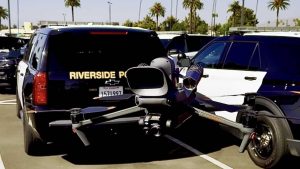
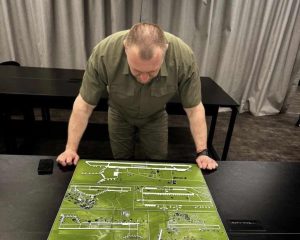
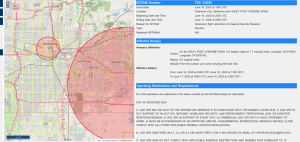
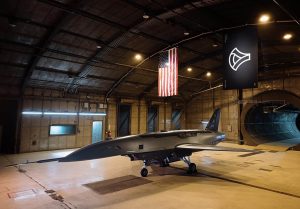
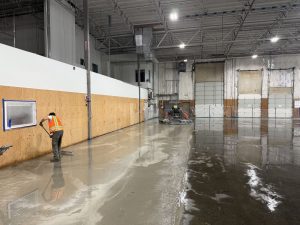
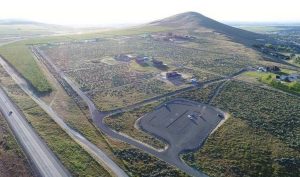
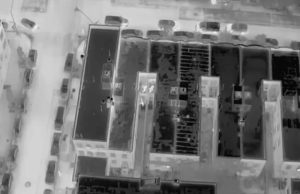
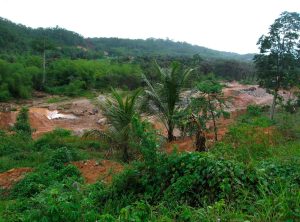

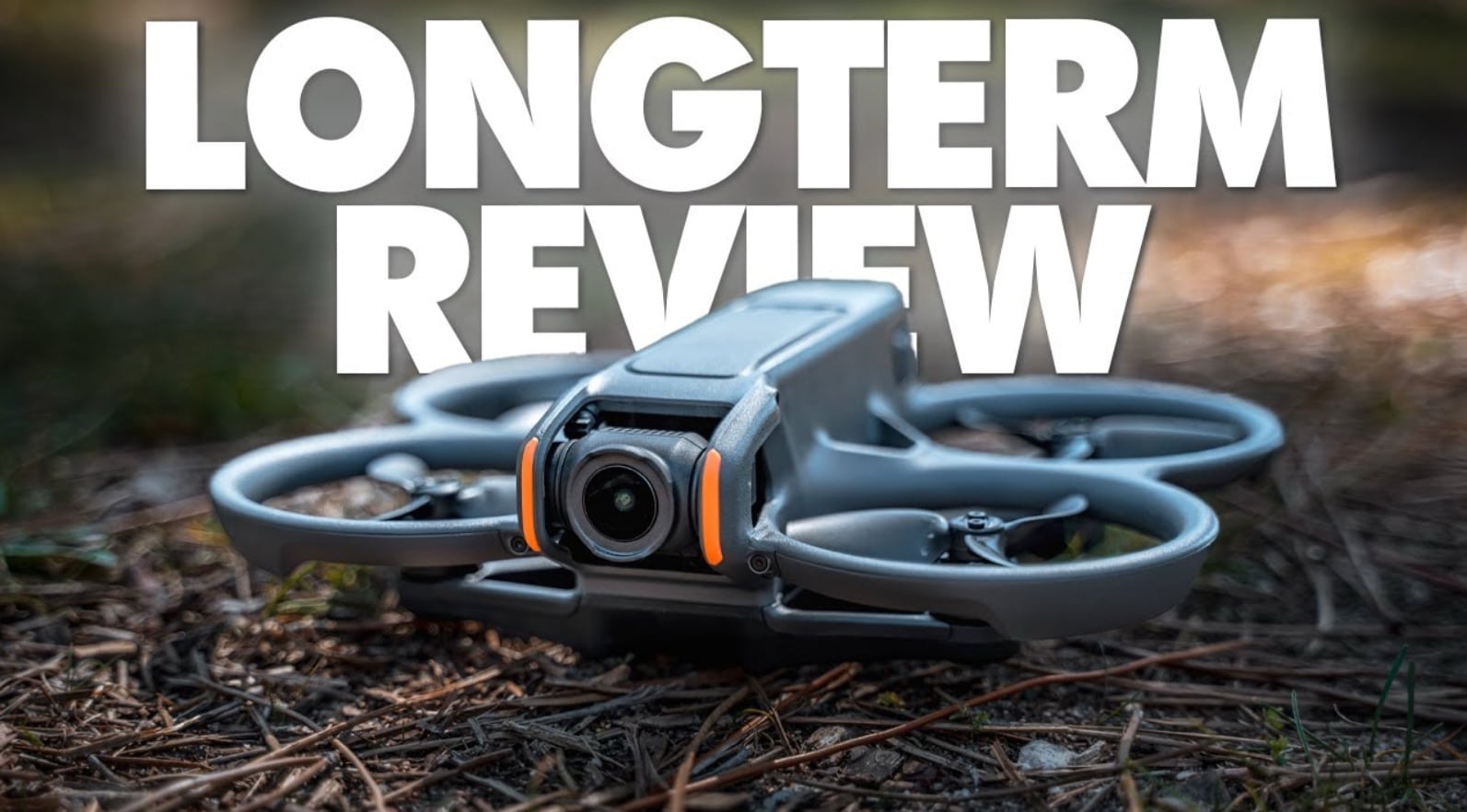

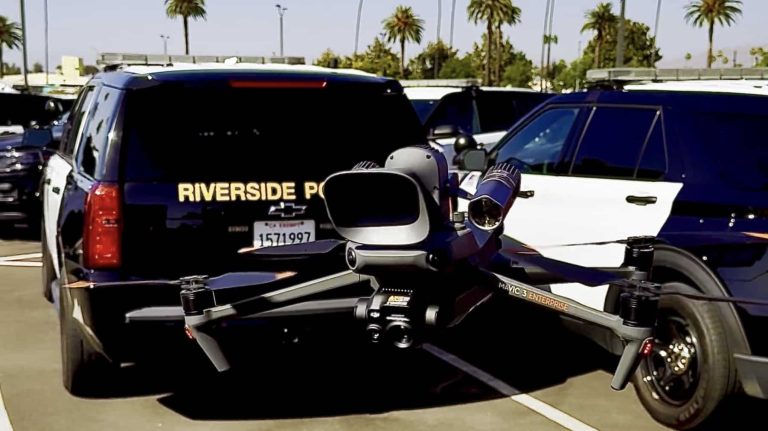
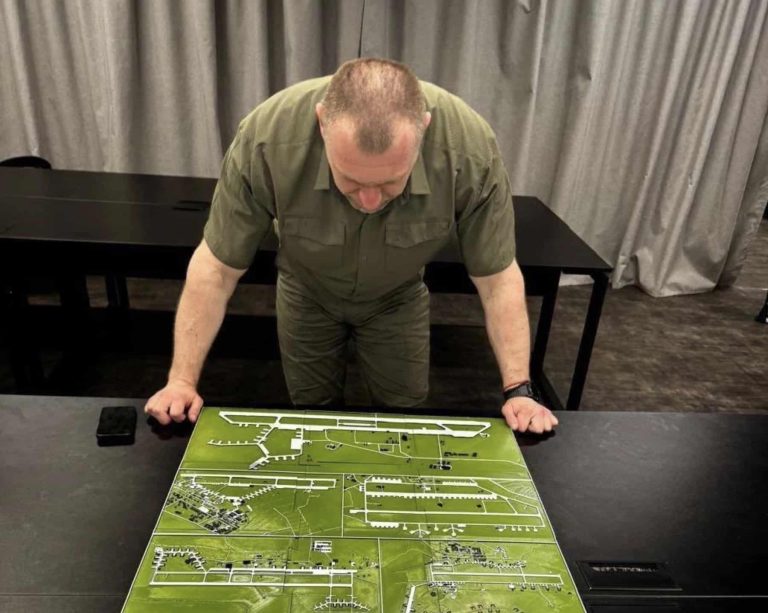
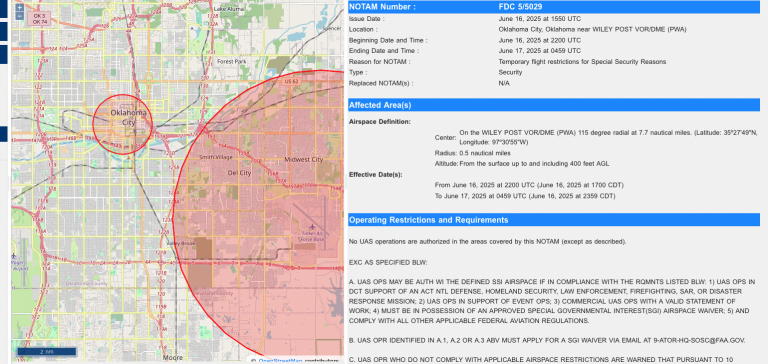
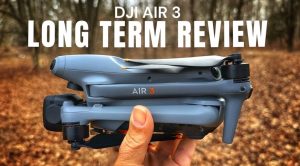
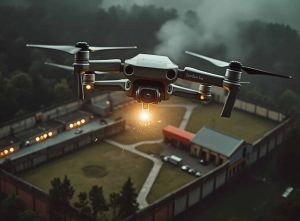
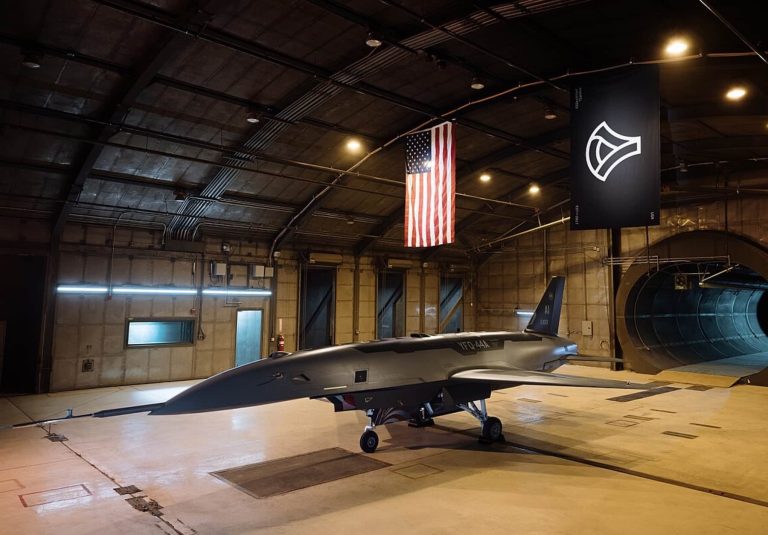
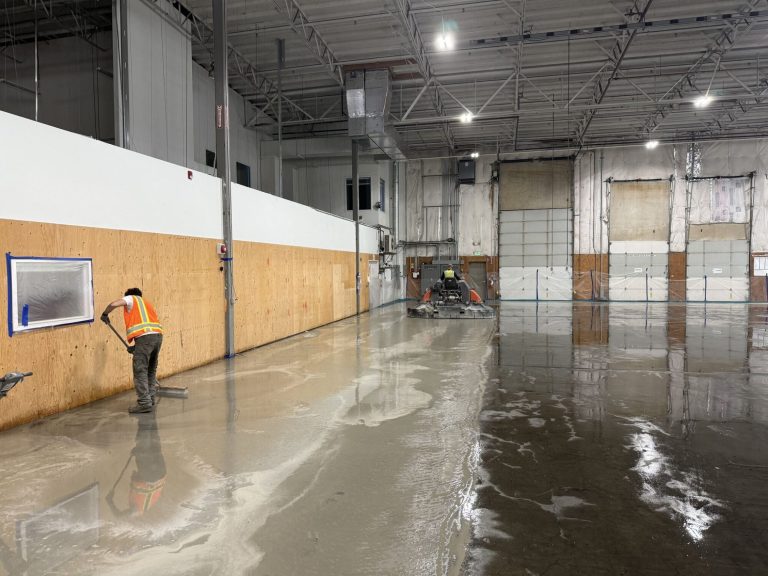
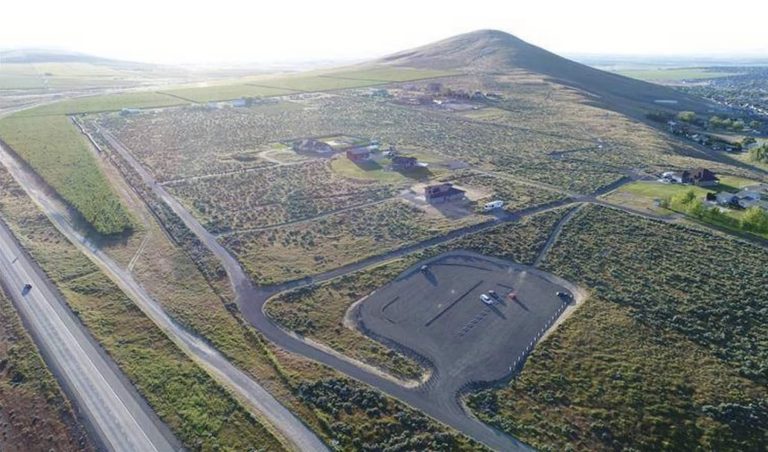
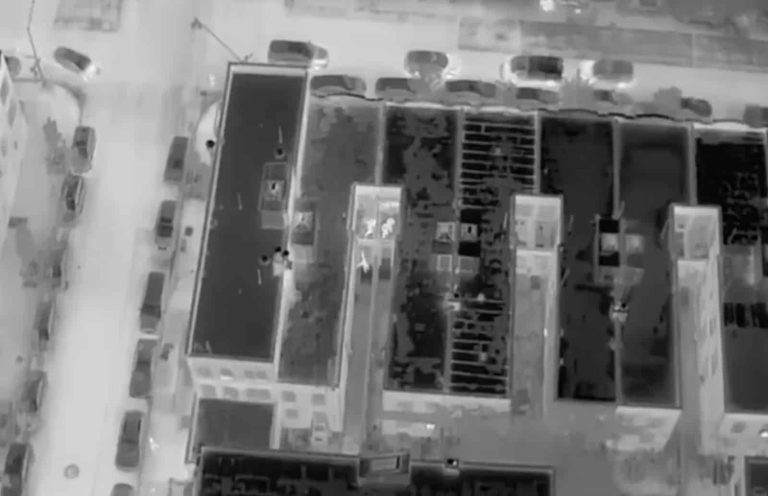
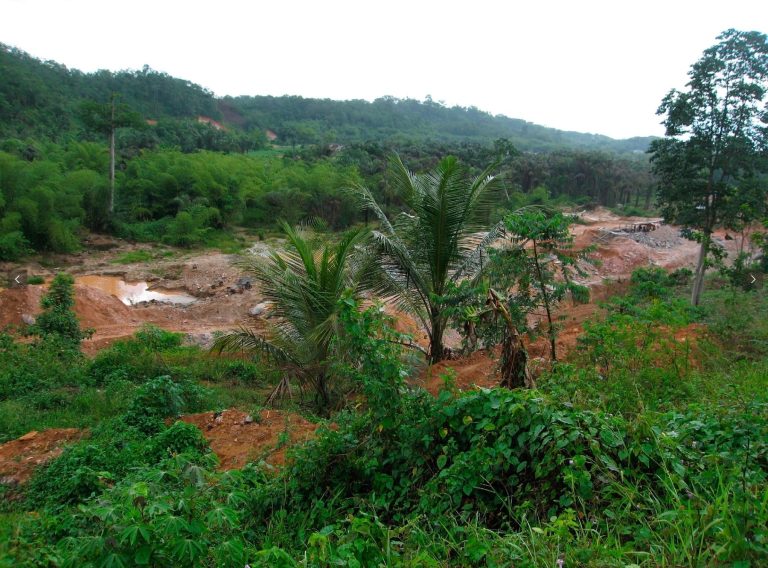
+ There are no comments
Add yours